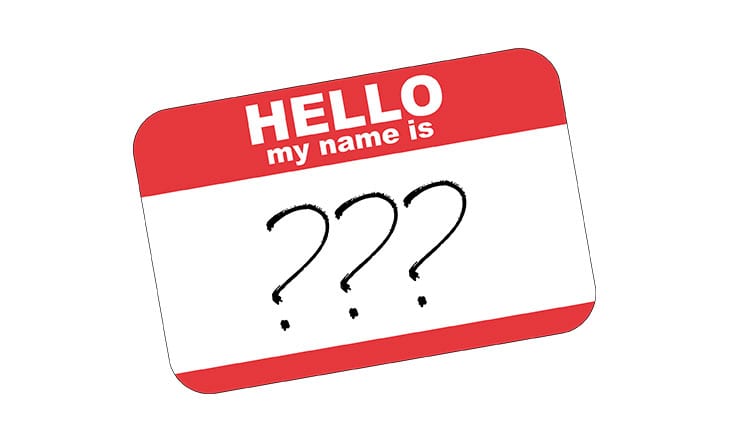Cryptocurrencies, virtual money, or digital coinage, a rose by any other name, still smells as sweet. The latest amusing sideshows of government officials not knowing how to corral the new digital age come to you from Japan and Russia. The Financial Services Agency (FSA) in Japan, the local regulator, is considering the classification of all cryptocurrencies within a new category named “crypto-assets”. Local culture demands that an idea must first be put forward in order to gain consensus. The Ministry of Justice in Russia cannot accept cryptocurrencies as “electronic money”, but calling it “Other Property” seems to assuage his need for an alternative classification.
What is going on in these two disparate arenas?
In a rather public display of angst, these two sets of government officials, each trying to do their best in confusing situation, are attempting to force a crypto square peg into an existing legislative round hole, with no luck at all. There are a number of international working groups that are purportedly attempting to draft a new code of digital definitions and the like as a guidance tool for updating sorely out-of-date laws on the books that are inadequate in dealing with our new electronic age. This project will take time, but local clocks are ticking loudly.
According to one report in Japan: “The Financial Services Agency has decided to call all cryptocurrencies “crypto assets,” the country’s leading daily Yomiuri Shimbun reported. The reasoning behind the decision is to help traders avoid confusing digital coins with legal tender recognized by the government in Tokyo. The regulator notes the price of many cryptos fluctuates wildly, there’s no evidence of value and it’s often unclear who is issuing them.” Obviously, consensus was reached in the FSA.
At the same time, an advisory panel within the FSA issued their own report in which its members claimed that the term “virtual currency” was misleading and could cause a misunderstanding. The group called for a substitution, but did not make a direct suggestion of a better term, only noting that all Japanese laws and regulations must be updated accordingly.
In Russia, a similar debate continues. In an official statement, the Justice Ministry confirmed that, “Cryptocurrency can be classified as an object of civil rights and be subject to obligations. Cryptocurrency has a property value recognized by its turnover.” The agency clarified further, however, that cryptocurrencies cannot be accepted as “electronic money” and holders of coins cannot raise claims against their issuers.
One local reporter summarized the current situation in Russia: “To this day, cryptocurrencies remain unregulated in Russia, with several draft laws filed in parliament still under consideration. In its latest version, the main bill, “On Digital Financial Assets,” does not have the term “cryptocurrency” among its legal definitions. Members of the crypto community and industry organizations have called for its inclusion but according to a recent statement by the country’s deputy prime minister Maxim Akimov, authorities do not plan to make any significant amendments to the texts.”
